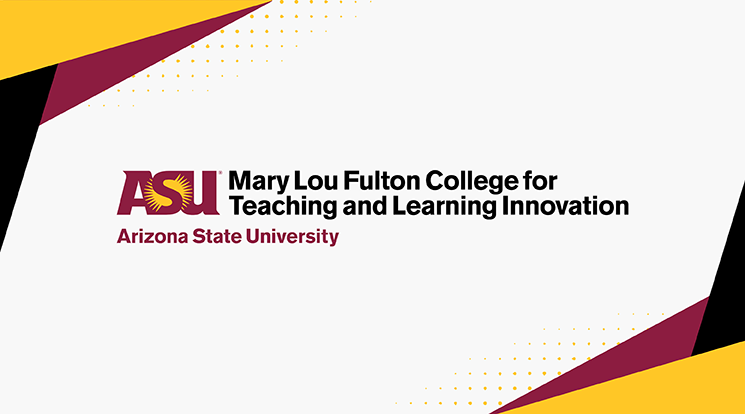Love, teachers college style — an alumni couple for 50 years

The night Greg Wojtulewicz (BAE '68, MAE '71) proposed to Doris Welsh (MAE '71) at the foot of University Bridge, the young couple ran across campus to tell her parents who lived at Broadway and Rural in Tempe. Both education majors, the newly engaged Arizona State University students had no idea of the legacy they were about to create. Now 50 years later, Doris and Greg take pride in the 11 bachelor’s, master’s and doctoral degrees in their family — all from Mary Lou Fulton Teachers College.
When they were both ASU students, Doris convinced Greg to switch his major from engineering to education. She introduced him to her favorite education professor who encouraged Greg to sign up for her class, then to seek a teaching degree. So began the couple’s enduring romance and shared dedication to education.
Jennifer Clausen, the couple’s daughter and Mary Lou Fulton Teachers College clinical assistant professor, is one of the family’s third-generation educators. She remembers how that teaching connection deepened the bond between her parents over the years.
“I think the foundation of being teachers has been important to their marriage,” Clausen said. “I can remember education being a prominent part of the dinner conversation at our house. My parents talked passionately about their jobs and their students and what they believed in as educators. I became a teacher because of those kinds of discussions.”
Doris grew up a hometown girl in Tempe where her own mother worked as an assistant to ASU’s education dean, Guy D. McGrath. As a teen, Doris recalls “hanging out” at the Farmer Education Building when it was first constructed and her mother worked there.
Later, when Doris was a student at ASU, her mother decided to complete her bachelor’s degree. She and Doris became education graduates within months of each other. Both parents had served in World War II, with her mother having left college to enlist as a U.S. Marine. Her father was stationed with the U.S. Navy at Pearl Harbor during the Japanese attack.
Fast forward several decades: Greg and Doris fell in love during another tumultuous time in America — the mid-1960s. President John F. Kennedy had been assassinated, Martin Luther King Jr. was a guest speaker at ASU, Arizona Sen. Barry Goldwater ran for president, and the Vietnam War was claiming an increasing number of young American lives.
Characterizing ASU as an apolitical campus, Greg and Doris said they felt mostly insulated from the unrest elsewhere until after their 1968 graduation. When teaching deferments were ended, Greg was ordered to report to his draft board in Chicago. He enlisted in the Army Reserves, and after basic training was able to complete his duty stateside. “I think that’s when it really hit us,” Greg said. “It was the end of the ’60s, and things just blew up.”
Despite such challenges, the couple went on to enjoy meaningful teaching careers. A first-generation college graduate, Greg also earned his master’s degree from the teachers college, then a doctorate from Northern Arizona University. He taught a variety of grade levels, including university, and served as a school administrator — but said he always preferred being in the classroom.
Doris also earned her master’s degree from the teachers college. She taught home economics and physical education in the Washington school district, then family consumer science and career and technical education in the Mesa school district where both she and Greg retired.
“Teachers make a lot of sacrifices,” Doris noted. “Because Greg and I were both educators, we were able to understand when one of us needed to give up time with our family, go to school on the weekends or spend our own money on supplies.”
Taking a broader perspective, Doris observed that ASU's teachers college has long recognized education as a science and an art that is fluid — and has taken seriously its responsibility for being an education innovator.
“It isn’t enough for Mary Lou Fulton Teachers College to keep up with current issues and changes,” she said. “They must be out in front of them, being the catalyst that researches and initiates changes that improve education for teachers and students in our community and around the world.”